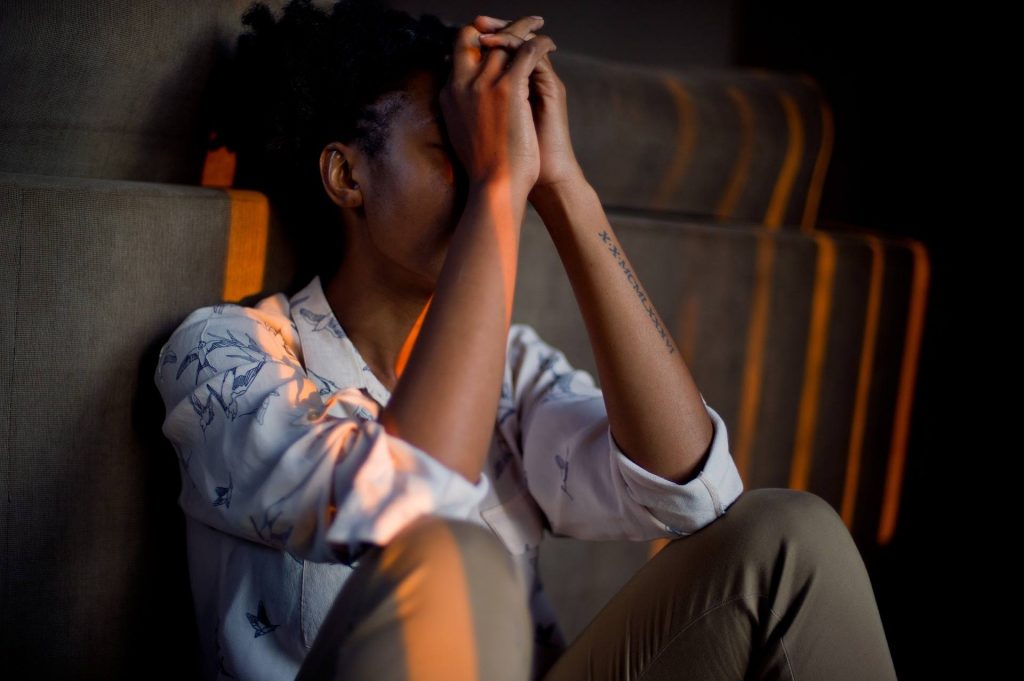Tighter restrictions on access to mental health services mean that thousands of young patients are being denied care, leading to a large rise in the numbers turning up in A&E, pressures that are described in a string of new crisis reports.
Over a quarter (26%) of referrals to specialist children’s mental health services were rejected in 2018-2019 according to a new report by the Education Policy Institute.
Despite referrals by GPs judging that special care was needed, an estimated 133,000 children were denied care by mental health providers last year for not being suitable for treatment, or because their conditions did not meet the eligibility criteria.
The tightening of the criteria was confirmed by A Pulse survey of 935 GPs in which nearly 30% said the rules governing referrals to adolescent mental health services (CAMHS) had become stricter in the past year.
Freedom of information replies from 29 NHS mental health trusts in England (out of 56) revealed that a third restrict care to patients with ‘severe/significant’ conditions, for specialist child and adolescent mental health services (CAMHS).
According to the analysis by Pulse magazine only one in five NHS mental health trusts accept referrals for children with mild, moderate and severe mental health conditions.
Children in areas with restricted access have to wait until their condition worsens before they qualify for treatment. in some cases this has led to children attempting suicide before their referral is accepted.
This was the case for 16-year–old Sam Grant, who was referred to CAMHS by his GP, but his referral was rejected because his symptoms did not meet the threshold of ‘moderate to severe’. Sam died by suicide in October 2019. An inquest noted the issue of the threshold criteria at Sam’s local CAMHS, but also that the service had also not suggested alternative assistance.
Charities can’t cope
GPs are being told to refer the young people rejected by CAMHS to services provided by charities, however they are also often struggling with the increase in demand and they rarely have psychiatrists, but are based on counselling and can not provide specialist help.
A survey by the charity YoungMinds published in early November 2019 found that over three-quarters (77%) of 1,008 GPs felt community support for child mental health problems was not good enough, and almost the same number did not feel confident that their referrals to CAMHS would result in treatment.
A&E is last resort
It is also now clear that A&E is increasingly been seen as the only option for young people in crisis, these could be those rejected by CAMHS or those on the long waiting lists for an appointment.
An analysis by The Independent of data from 2010 to 2019 found that there has been a 330% increase in children and adolescents turning up in A&E with mental health conditions.
It is true that demand for CAMHS has risen significantly, with referrals were up by 18% between 2017/18 and 2018/19 alone, according to NHS Digital data. However, this is not a sudden rise, demand has been rising for a number of years, but capacity has not increased.
Providers and Royal Colleges speak out as NHS performance falls to its worst ever level
Andy Bell, deputy chief executive at the Centre for Mental Health policy think tank, told The Independent that the data on A&E visits was not a surprise:
“There has been a significant increase in demand but we haven’t seen an increase in capacity. That will be one reason for this in that people are being made to wait longer for help and more children are reaching crisis point.”
Advised to ‘go private’
One effect of the high number of referral rejections and the delays to getting help is the number of GPs now advising parents to seek private care for their children. In a survey by the mental health charity Stem4, 43% of UK family doctors said they told parents whose children were struggling with anxiety, depression, self-harm or eating disorders to seek treatment privately.
Many of the GPs that took part in the survey for Stem4, were highly critical of CAMHS, describing services as “dire”, “extremely lacking”, “non-existent” and “totally, horrifically, grossly inadequate”. In this 2019 survey 90% of GPs described CAMHS in their area as ‘extremely’ or ‘very’ inadequate, in 2016 this figure was 77%.
Driving those patients that can afford it towards private care signals the path to a two tier system, with children from poorer families being denied care or having to wait longer, potentially with worse and sometimes tragic outcomes.
Dr Nihara Krause, a consultant clinical psychologist and founder of Stem4: noted that “Parents whose child has cancer or a serious physical health condition would never have to pay for private care, so why should it be OK for those whose children have mental health problems to be told to do that? This again shows that the much-vaunted ‘parity of esteem’ between physical and mental health services is still a far-off goal.”
Dear Reader,
If you like our content please support our campaigning journalism to protect health care for all.
Our goal is to inform people, hold our politicians to account and help to build change through evidence based ideas.
Everyone should have access to comprehensive healthcare, but our NHS needs support. You can help us to continue to counter bad policy, battle neglect of the NHS and correct dangerous mis-infomation.
Supporters of the NHS are crucial in sustaining our health service and with your help we will be able to engage more people in securing its future.
Please donate to help support our campaigning NHS research and journalism.



Comments are closed.